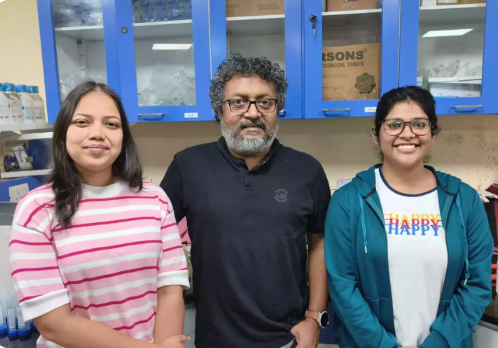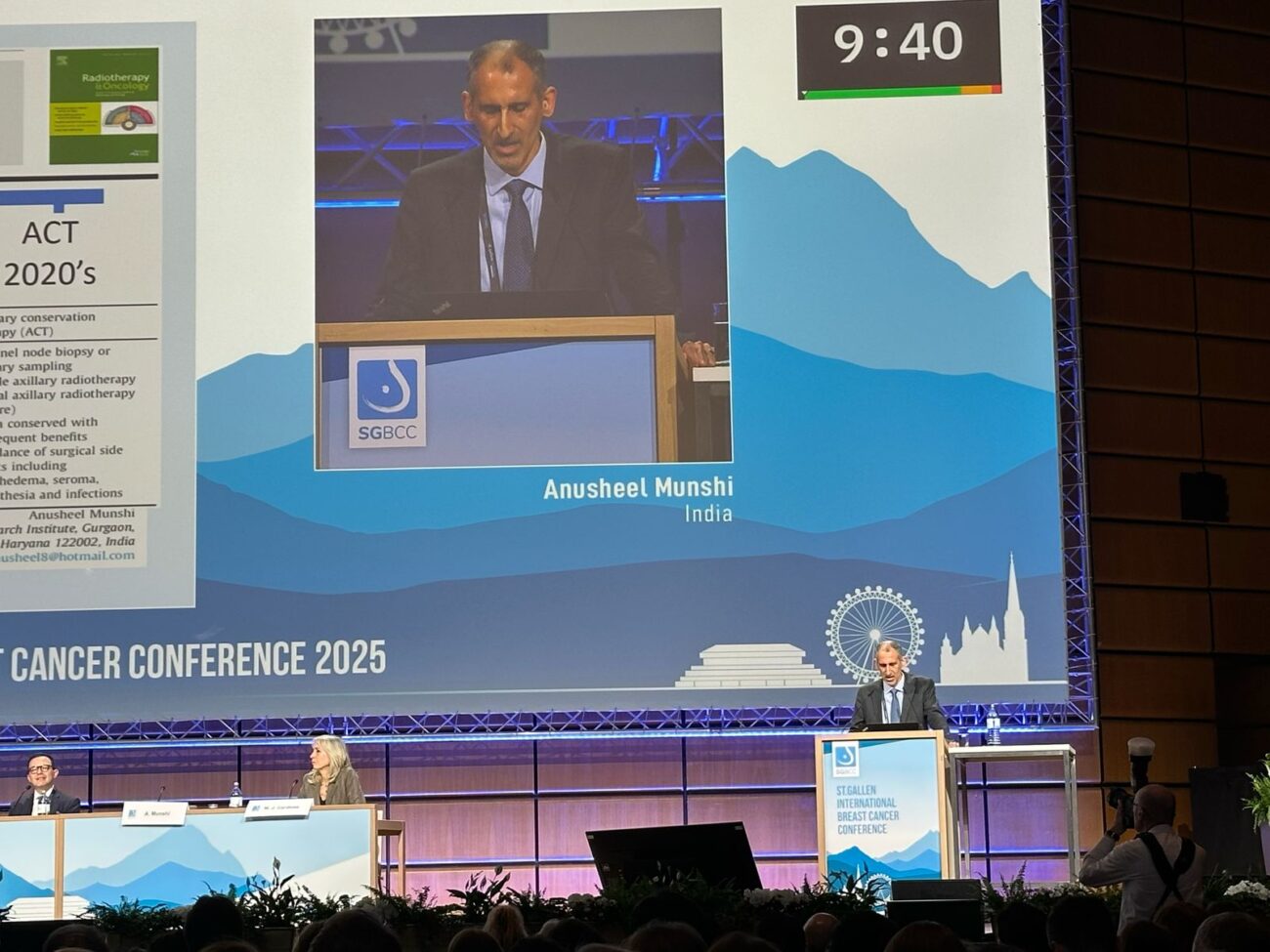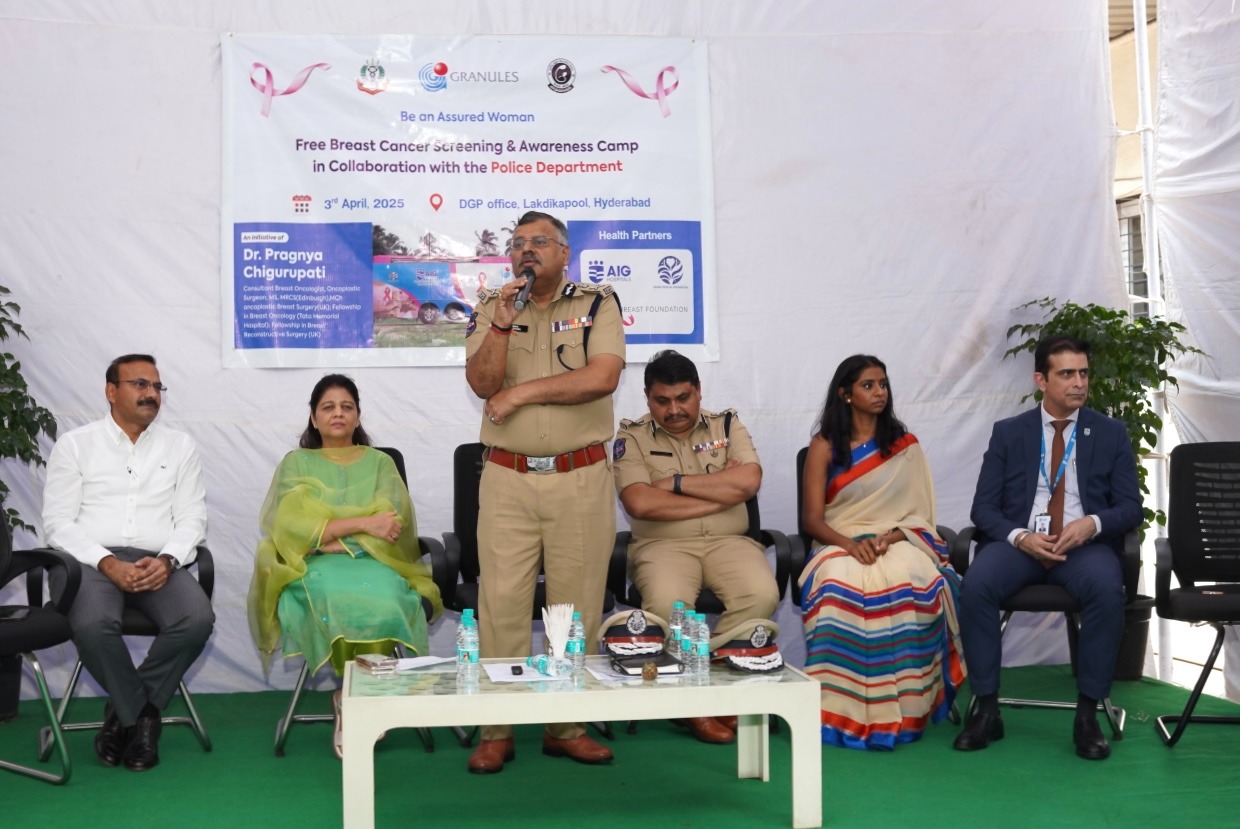Breakthrough in Breast Cancer Treatment: Researchers Develop Injectable Hydrogel for Precision Therapy
Researchers from the Indian Institute of Technology (IIT) Guwahati, in collaboration with Bose Institute Kolkata, have unveiled a revolutionary injectable hydrogel designed to transform breast cancer treatment. This novel hydrogel-based system aims to significantly enhance

Researchers from the Indian Institute of Technology (IIT) Guwahati, in collaboration with Bose Institute Kolkata, have unveiled a revolutionary injectable hydrogel designed to transform breast cancer treatment. This novel hydrogel-based system aims to significantly enhance drug delivery, providing precise, localized therapy while reducing the toxic side effects commonly associated with conventional chemotherapy.
The Hydrogel: A Game-Changer in Cancer Treatment
The newly developed hydrogel is a biocompatible and biodegradable material capable of encapsulating chemotherapy drugs and delivering them directly to the tumor site. Unlike traditional methods that often result in systemic toxicity, the hydrogel ensures that the drug remains concentrated at the tumor, releasing it steadily over time. This controlled release mechanism maximizes the therapeutic impact on cancer cells while sparing healthy tissues.
During preclinical trials using a murine model of breast cancer, a single injection of the hydrogel loaded with Doxorubicin, a widely used chemotherapy drug, demonstrated remarkable results. Within just 18 days of treatment, the tumor size reduced by approximately 75%, with no detectable side effects in vital organs such as the liver, kidneys, and heart.
Key Features and Advantages
- Biocompatibility and Biodegradability: The hydrogel is made from materials that integrate seamlessly with the body’s biological environment and degrade naturally, eliminating the need for surgical removal.
- Localized Treatment: The hydrogel targets cancer cells specifically, minimizing systemic exposure to chemotherapy drugs.
- Controlled Drug Release: The hydrogel releases the encapsulated drug in a controlled manner, ensuring sustained therapeutic levels over an extended period.
- Enhanced Drug Uptake: Laboratory studies revealed improved drug absorption by cancer cells, leading to higher efficacy.
- Reduced Side Effects: The targeted approach significantly reduces the common adverse effects of chemotherapy, such as nausea, fatigue, and organ toxicity.
Expert Insights and Future Directions
“This injectable hydrogel has the potential to redefine how we approach localized drug delivery in oncology,” said Prof. Debapratim Das from the Department of Chemistry at IIT Guwahati. “Its ability to deliver drugs precisely where needed while minimizing systemic impact is a significant leap forward in cancer therapy.”
The hydrogel’s unique properties not only improve the effectiveness of chemotherapy but also reduce the required dosage, potentially lowering treatment costs. Researchers are now exploring its application in other types of cancers, aiming to expand its utility in oncology. Further studies are also underway to optimize the hydrogel’s formulation for enhanced performance and scalability for clinical use.
The collaborative research team includes Prof. Debapratim Das and his scholars Ms. Tanushree Das and Ms. Ritvika Kushwaha from IIT Guwahati, alongside Dr. Kuldip Jana, Mr. Satyajit Halder, and Mr. Anup Kumar Misra from Bose Institute Kolkata. Their work exemplifies interdisciplinary innovation, combining expertise in chemistry, biology, and material science.
Revolutionizing Cancer Therapy with Hydrogel Technology
Breast cancer remains one of the most common cancers worldwide, with millions of new cases diagnosed each year. The hydrogel’s development aligns with global efforts to create more effective, less invasive treatment modalities that improve patient outcomes and quality of life.
The findings of this research have been published in a leading international peer-reviewed journal, garnering attention from the scientific and medical communities. The team is now preparing to transition their innovation from the laboratory to clinical trials, with the hope of making this technology accessible to patients worldwide.






